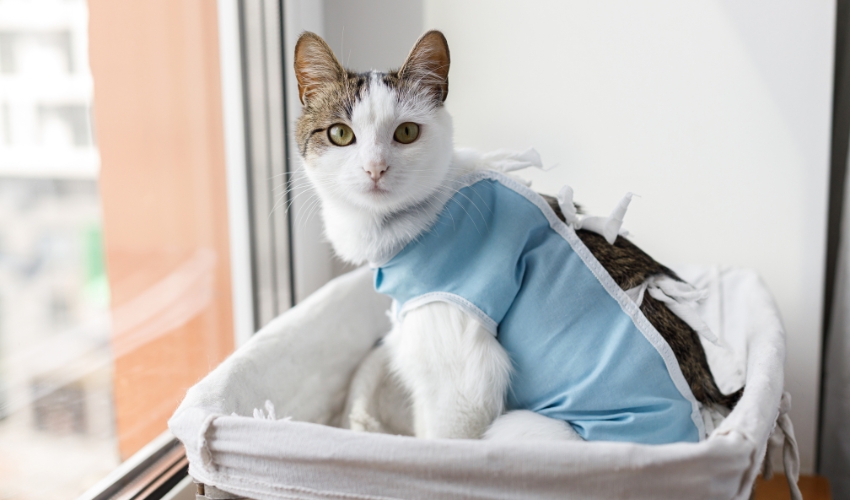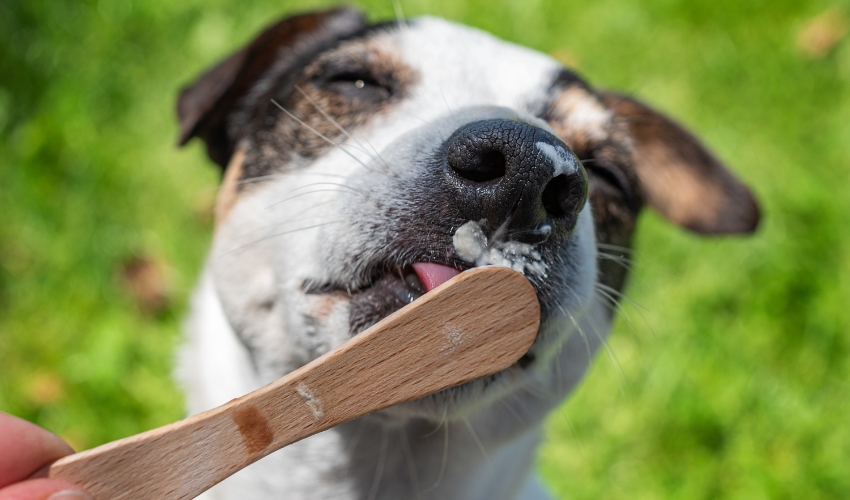A cat vomiting is certainly not a pretty sight for any feline owner. While it is common for cats to vomit due to hairballs or minor digestive issues, sometimes there can be a more alarming issue. In some cases, cat vomit looks like poop, which causes panic and worries many pet owners.
Cat Vomiting
Occasional vomiting can be expected in cats as it is their bodies’ natural way of expelling unwanted materials from their digestive system, including hairballs or ingested foreign objects. As such, cat vomit is usually composed of food, liquid, digestive juices, and hair. The appearance of cat vomit may vary, but it is typically yellow or clear.
However, when the vomiting is frequent or accompanied by other symptoms, it may indicate a more severe issue requiring veterinary attention. This is especially true when the vomit looks like poop, which can be alarming and confusing for any cat owner.
Why Does My Cat’s Vomit Looks Like Poop
When a cat vomits, it usually expels material from the stomach or small intestine. If a cat’s vomit looks like poop, there are several possible reasons why this may occur.
#1 Undigested Food Particles
Cats are obligate carnivores, meaning they require a diet rich in animal protein to thrive. Their digestive system is adapted to breaking down and processing animal protein, and they are not equipped to digest plant matter. When a cat eats something they cannot digest, such as plant material or fiber, it can pass through their digestive tract mostly unchanged.
In some cases, undigested plant matter or fiber can be visible in cat vomit, giving it a brown, solid appearance similar to poop. This can be particularly noticeable in cats that tend to eat grass, as blades of grass are difficult for their digestive system to break down.
#2 Bile
Bile is a fluid produced by the liver and stored in the gallbladder. It helps to break down fats and absorb nutrients in the small intestine. When a cat vomits, bile can be present in the vomit, giving it a brown, solid appearance. Bile is typically yellow-green, but it can take on a brown hue when it mixes with other digestive juices and undigested food particles.
#3 Blood
Cat vomit may also contain blood, giving it a dark, reddish-brown appearance. Blood in cat vomit can be a sign of a more serious underlying health issue, such as gastrointestinal ulcers, cancer, or an intestinal blockage. If you notice blood in your cat’s vomit, it is essential to seek veterinary attention immediately.
#4 Fecal Matter
In rare cases, cat vomit may contain actual fecal matter. This can occur if a cat has a condition known as megaesophagus, which is a disorder that affects the esophagus muscles. Cats with megaesophagus cannot swallow food properly, causing them to regurgitate partially digested food and fecal matter. This condition can be severe and requires veterinary intervention to manage.
#5 Environmental Factors
Lastly, it is worth noting that cat vomit can also look like poop due to environmental factors. For example, if a cat vomits on a surface that is already stained or soiled with fecal matter, the vomit can take on a brown, solid appearance. This is not a cause for concern but simply a visual effect of the environment.
What To Do When Cat’s Vomit Looks Like Poop?

If your cat vomits and it looks like poop, the first step is to determine if there is an underlying medical condition that needs to be addressed. If you notice other symptoms, such as lethargy, loss of appetite, or blood in the vomit, it is essential to seek veterinary attention immediately.
Assuming there are no other concerning symptoms, you can take the following steps:
- Monitor your cat’s behavior: Observe your cat’s behavior after they vomit. If they continue to vomit, appear lethargic, or show signs of distress, it is best to consult a veterinarian.
- Check your cat’s diet: Make sure your cat is eating a healthy, balanced diet appropriate for their age, weight, and activity level. Cats that consume a lot of grass or plant material are more likely to experience vomiting that looks like poop.
- Adjust feeding schedule: Consider breaking up your cat’s meals into smaller, more frequent feedings throughout the day. This can help to prevent overeating and reduce the likelihood of vomiting.
- Hydration: Ensure your cat can access clean, fresh water to stay hydrated. Dehydration can worsen vomiting and lead to more severe health issues.
- Clean up: Clean up any vomit promptly to prevent the spread of bacteria or illness. Use an enzymatic cleaner to clean the area and remove any odor thoroughly.
Final Reminders
Occasional vomiting is normal in cats. However, if it looks like poop, you should observe your cat closely and try to identify the cause of such vomit. If the vomiting persists or you notice any other concerning symptoms, it is essential to seek veterinary attention immediately. Your veterinarian can perform a physical examination, run diagnostic tests, and provide appropriate treatment to address any underlying medical conditions. Remember, prompt veterinary care can help to ensure your cat’s health and well-being.










